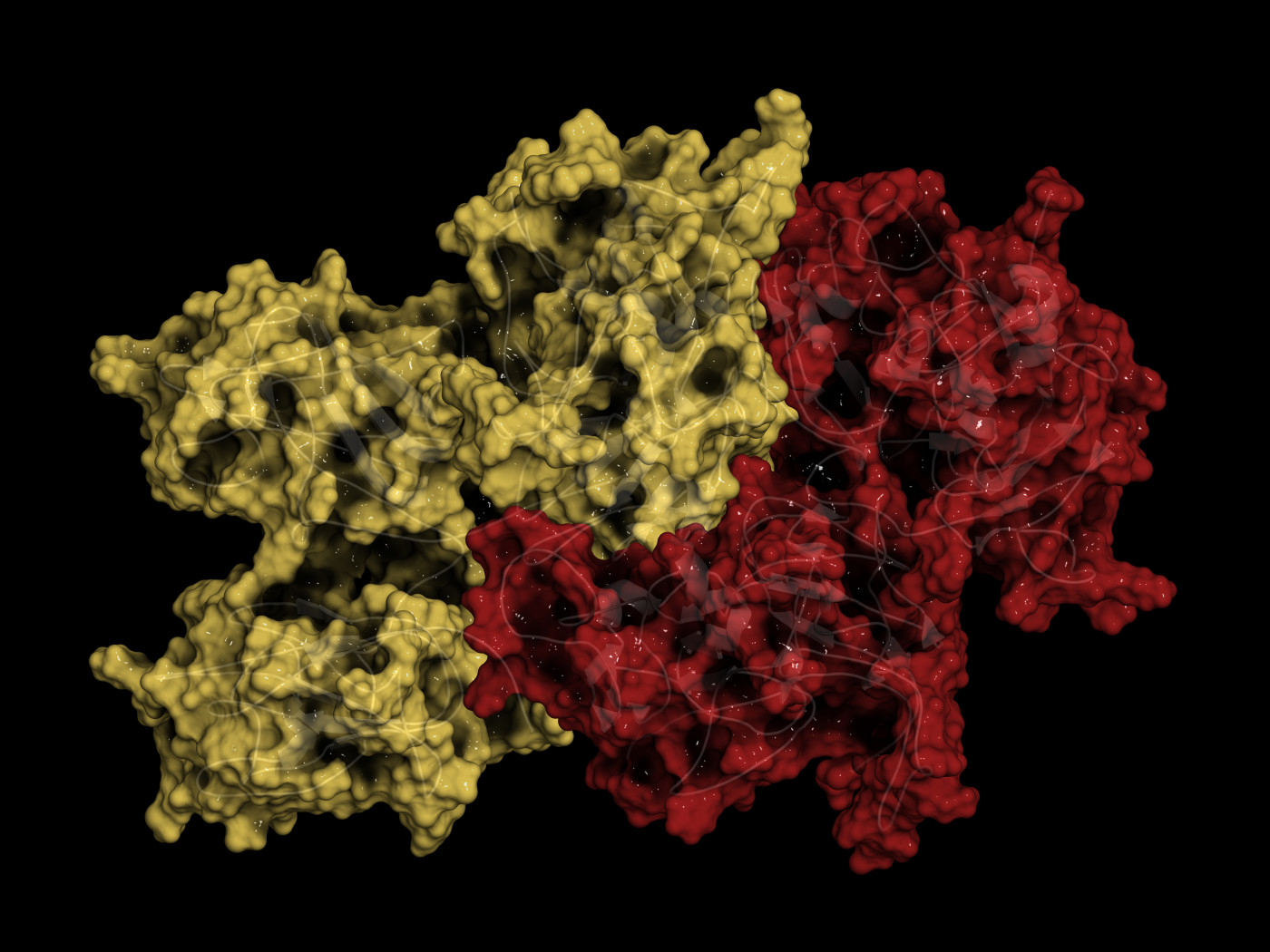FDA Accepts Bayer Application for BAY94-9027 to Possibly Treat Hemophilia A
Written by |

The U.S. Food and Drug Administration (FDA) has accepted Bayer’s Biologics License Application (BLA) filing for BAY94-9027 to treat hemophilia A in adolescents starting at age 12, and in adults.
A BLA is a marketing application that covers biological products, as opposed to chemically synthesized ones, and its review is to assure the safety, potency, purity and manufacturing processes for the product. If approved, BAY94-9027 will be available for commercial use in the U.S.
Bayer has also filed for the treatment to be approved for use in patients in the European Union, it announced in a press release.
BAY94-9027 is a long-acting, artificially produced form of coagulation Factor VIII, a protein essential for blood clotting.
An ongoing pivotal Phase 2/3 trial, PROTECT VIII (NCT01580293), is evaluating the efficacy and safety of BAY94-9027 for use on demand to treat bleeds, or on a preventative basis, at several frequencies depending on observed bleeding: once every five days, once every seven days, or twice weekly in patients 12 or older with severe hemophilia A.
About 140 patients are receiving long-acting rFVIII either on-demand or as prophylaxis (preventive treatment) for over 26 weeks, with an option to continue treatment for at least 100 total exposure days, or days on which infusions take place. The trial, which opened in 2012, is expected to conclude in January 2019.
A study published in February 2017 in the Journal of Thrombosis and Haemostasis on data from the PROTECT VIII trial found that BAY94-9027 was well-tolerated and “prevented bleeds at dose intervals up to every 7 days and effectively treated bleeds.”
BAY94-9027 remains active in the blood for longer periods of time than the Factor VIII currently in use to treat hemophilia A, the company reports. Its prolonged half-life may mean that less frequent infusions will be required to keep sufficiently high levels of active Factor VIII in patients’ blood. Current treatment is administered as frequently as every other day.
“The filing acceptance for BAY94-9027 by the FDA represents a milestone to Bayer in its commitment to seeking potential treatments to address the unmet needs of people living with hemophilia A,” Dario Mirski, senior vice president and head of Medical Affairs Americas, Bayer, said in the release.
Hemophilia A is the most common type of hemophilia, a largely inherited disorder in which one of the proteins needed to form blood clots is either missing or works poorly. In hemophilia A, blood clotting is impaired due to lack or defective coagulation Factor VIII (FVIII). Patients experience repeated bleeds in muscles, joints or other tissues, with potential joint damage.


